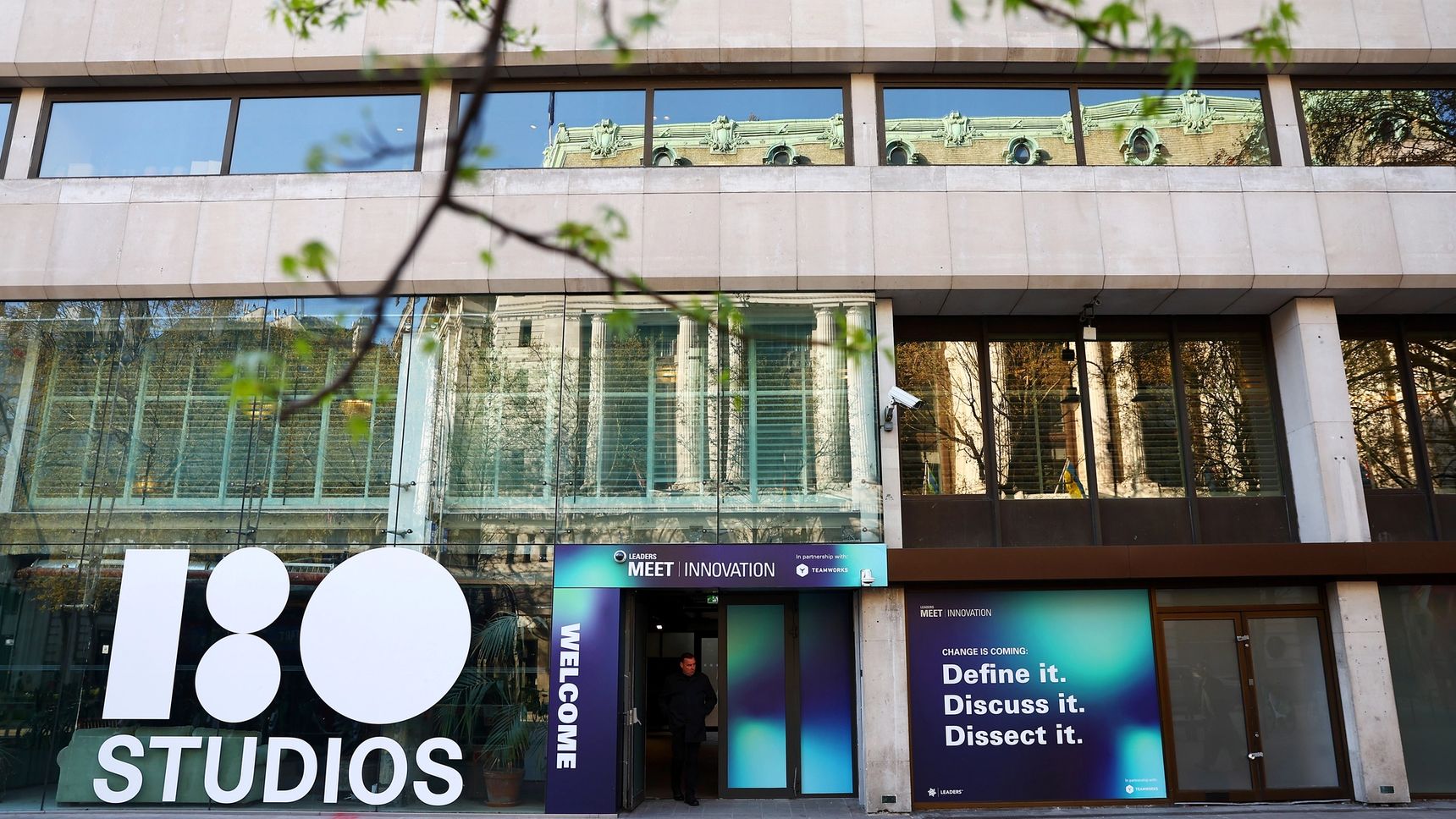
Herman de Vries
Chief Marketing Officer
22 Apr 2025, 4 min
Key takeaways from Leaders in Sport Meet: Innovation 2025

The week before last, I was at the Leaders Meet: Innovation summit in London. It was a pretty exclusive gathering – only 400 senior sports industry leaders, invitation-only. Over two days, the conversations about where sports innovation is headed were very insightful.
So, what stuck with me? I've distilled it into a cheat sheet: 6 lessons for sports companies looking to level up with tech.
- Find the hungry ones: Look for tech companies obsessed with innovation.
- Relationships matter: Build lasting partnerships with the right tech folks.
- Data or nada: If you're not using data to make decisions, what's the point?
- Invest smart: Work with companies that let you invest in what you need to become data-driven.
- AI is a tool, not a toy: It's about accelerating change, not just adding shiny buttons.
- Respect the stack: Partner with tech companies that understand your existing systems.
These lessons come from three talks that really hit home. Here's a quick rundown.
Sir Michael Moritz (Sequoia Capital): The Hunger Game
Okay, full disclosure: I hadn't heard of Sir Michael Moritz before this event. Turns out, he's a legend. He's been running Sequoia Capital, a VC firm that's been in on the ground floor with companies like Amazon, Google, Apple, YouTube, Nvidia, and WhatsApp. Basically, they're the ultimate tech talent scouts.

A full house, with attendees locked in on the conversation

Sir Michael Moritz shares sharp insights on hunger, loyalty, and long-term success at Sequoia Capital
Moritz dropped a couple of wisdom bombs that really resonated:
- Hunger is everything: Moritz's #1 criterion for investing? A company's burning desire to improve every single day. That's what separates the good from the great.
- Stick with winners: He's not just chasing the next shiny object. He sticks with the companies that consistently deliver, year after year. That's why Sequoia still holds major stock in Amazon, Google, and YouTube.
Moritz co-wrote "Leading" with Sir Alex Ferguson, and the parallels are striking. Ferguson famously parted with star players who lost their edge, like Jaap Stam and David Beckham. He put his faith in players like Paul Scholes and Ryan Giggs, who lived and breathed Manchester United. People criticized him at the time, but the last decade proves he was onto something.
The takeaway for sports orgs? Invest in companies that live and breathe innovation. Build long-term relationships to create a winning formula.
Luke Bornn (Zelus Analytics/Teamworks Intelligence): Data-Driven or Just Data-Drowning?
Luke Bornn might not be a household name, but he's a big deal in sports analytics. He co-founded Zelus Analytics (now Teamworks Intelligence), which helps pro teams unlock the power of data. Plus, he's a co-owner of Toulouse FC, where he helped lead the team to a Ligue 2 title, promotion to Ligue 1, and a French League Cup victory.
Bornn didn't hold back about how most sports organizations misuse data. They hire data analysts because they think they have to, then stick them in a corner with no real purpose. The key lesson? Don't bother hiring analysts if you don't know how their work will impact your decisions.

Luke Bornn presenting insights on how top football clubs use data effectively

A light moment while calling out how data’s often misunderstood in sports
Bornn believes only four football clubs are really using data the right way: Toulouse, Brentford, Brighton, and AZ Alkmaar. They're data-driven from top to bottom when it comes to building their squads:
- Who do we buy, and for how much?
- Who do we sell, and for how much?
- How do we build our squad as a whole?
The secret? The club owners believe in data and generally use it in their other businesses. If that belief isn't there, the data analysts are just window dressing.
Here's the thing: you're not always going to be right. Data-driven decisions won't eliminate mistakes. But if you're making decisions based on gut feeling, you'll never learn from those mistakes. Data gives you a framework for improvement. Human memory is biased, so Bornn prefers not to rely on it.
Also, understand where to invest in data. If great companies are already logging data, don't reinvent the wheel. Use the best providers and invest in analyzing that data.
The lesson for sports organizations? Data is essential for staying competitive. Choose an approach that invests in the right things. At Hypersolid, we build composable solutions using a best-of-breed approach. We're experts at finding the best vendors and creating frameworks that make them work together seamlessly. Why would you build part of a solution yourself if there are already fantastic solutions out there?
Craig Hepburn (Art Basel, formerly UEFA): AI – Friend or Foe?
Craig Hepburn, formerly of UEFA and now at Art Basel, gave a fascinating talk about AI. His main point? Learn to use it, because it's not going anywhere. AI can and will accelerate change in every organization.

Craig Hepburn cutting through the AI hype

A look inside one of sport’s most exclusive gatherings in London last week
He highlighted "vibe coding," where you talk to your computer in plain English, and AI translates it into code. This speeds up development massively, freeing up time in your organization to focus on improving your services.
But he also warned against companies promising to solve all your problems with AI and creating environments full of flashy AI buttons. That's not how it's supposed to work. AI is a tool to speed up development and improve efficiency.
Another key point: when partnering with tech companies for AI implementation, make sure they understand your current tech stack. Any new implementation should improve your existing solutions, not sit on top of them. At Hypersolid, we always start by assessing your current situation and building from there.
In conclusion, London was great. Leaders Meet packed a ton into just two days, and I came back with a few new ideas bouncing around in my head.
One thing really stuck with me: you know what's not innovative? Having a bunch of data and no clue what to do with it. If you're serious about shaking things up—whether it's in sports or anywhere else—you have to get your data sorted first. That means ditching the silos and getting serious about how you manage everything.
Want to understand more about this topic? Check out Daniel de Vos' piece on Performance Management for a deep dive in data strategy.
Contact us and let's get started.